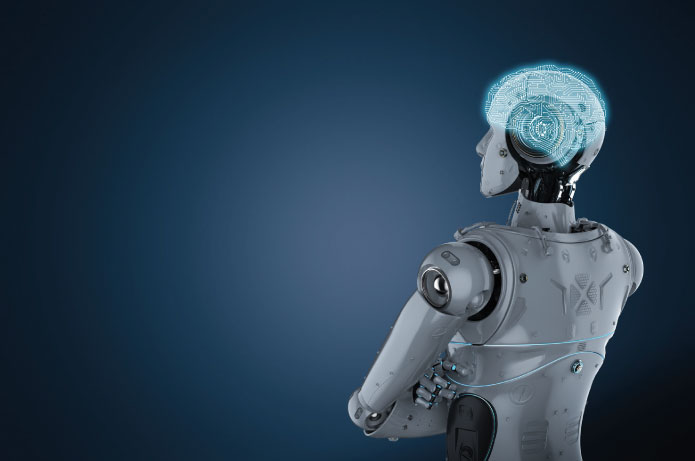The NRF 2025: Retail’s Big Show, the world’s largest retail event, held from January 12th to 14th at the Jacob K. Javits Convention Center in New York, highlighted the key trends and technological innovations shaping the future of the sector. With participation from over 6,200 brands worldwide, the event provided three days of learning, collaboration, and discoveries in the retail industry, showcasing innovations that should be on the radar of Brazilian stores.
One of the main highlights of the fair was Artificial Intelligence (AI) and its impact on retail. Supported by computer vision and smart cameras, the tool is being used to enhance personalized recommendations, optimize processes, increase security, and provide continuous assistance to customers.
Claudio Jr., founder and CEO of Riverdata, a startup developing artificial intelligence for retail to boost productivity and reduce operational losses in stores, emphasizes the importance of AI in the sector based on what was presented at the event. “Artificial intelligence is revolutionizing by enabling companies to offer personalized and efficient experiences to customers. In a post-pandemic context, where physical stores have gained even more strength, this is crucial. NRF 2025 was proof of that. Industry giants like Amazon, Target, Walmart, and Sephora are already adapting, and soon these transformations will need to be embraced by everyone,” he says.
The convergence between the digital and physical worlds was also one of the major trends highlighted, showing how brands are seamlessly integrating both worlds to create fluid and interactive experiences—preferred by 61% of Brazilians, according to Zendex—that enhance personalization and customer satisfaction. In this context, digital twins to simulate physical stores, virtual fitting rooms—or even smart mirrors, as presented in a study by Sephora—and hybrid experiences emerge as increasingly tangible possibilities.
Still within the scope of innovations brought by AI, other discussed aspects indicated another significant trend: the customer and their satisfaction, more than ever, are a non-negotiable priority. Smart carts, grab-and-go lockers, 3D body scanning, AI-driven personalized service, and automated checkout are just some of the changes leading retail companies are implementing in their operations.
According to a study presented by Macy’s, AI applied to dynamic visual merchandising can increase sales by up to 15%, reinforcing the idea that a good customer experience is a relevant competitive and commercial differentiator. “The concept of customer-centricity used to be a competitive advantage; today, it’s a matter of survival. Retail companies that don’t pay attention to this can expect future problems,” says the founder.
However, beyond innovations, NRF 2025 also addressed the challenges and limitations of AI. “Integrating AI into daily operations isn’t easy, but it’s worth it. The trends presented at the event shouldn’t be seen as threats but as opportunities to optimize businesses and stand out,” adds Claudio Jr. With the emergence of disruptive technologies, integrating existing data, training teams, and adapting physical spaces are challenging processes for many companies, as they require investment and organization, but the return on such a transition is promising.


